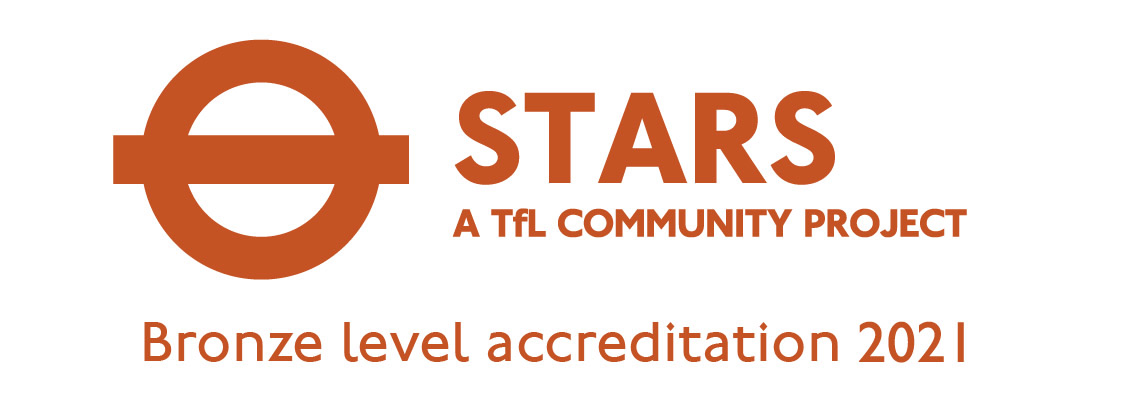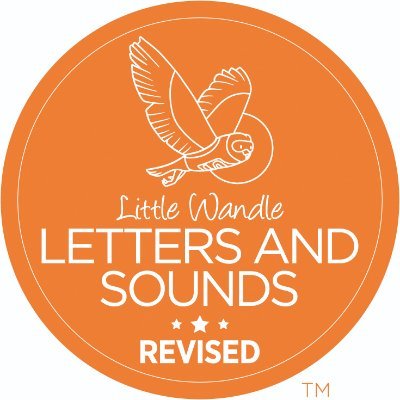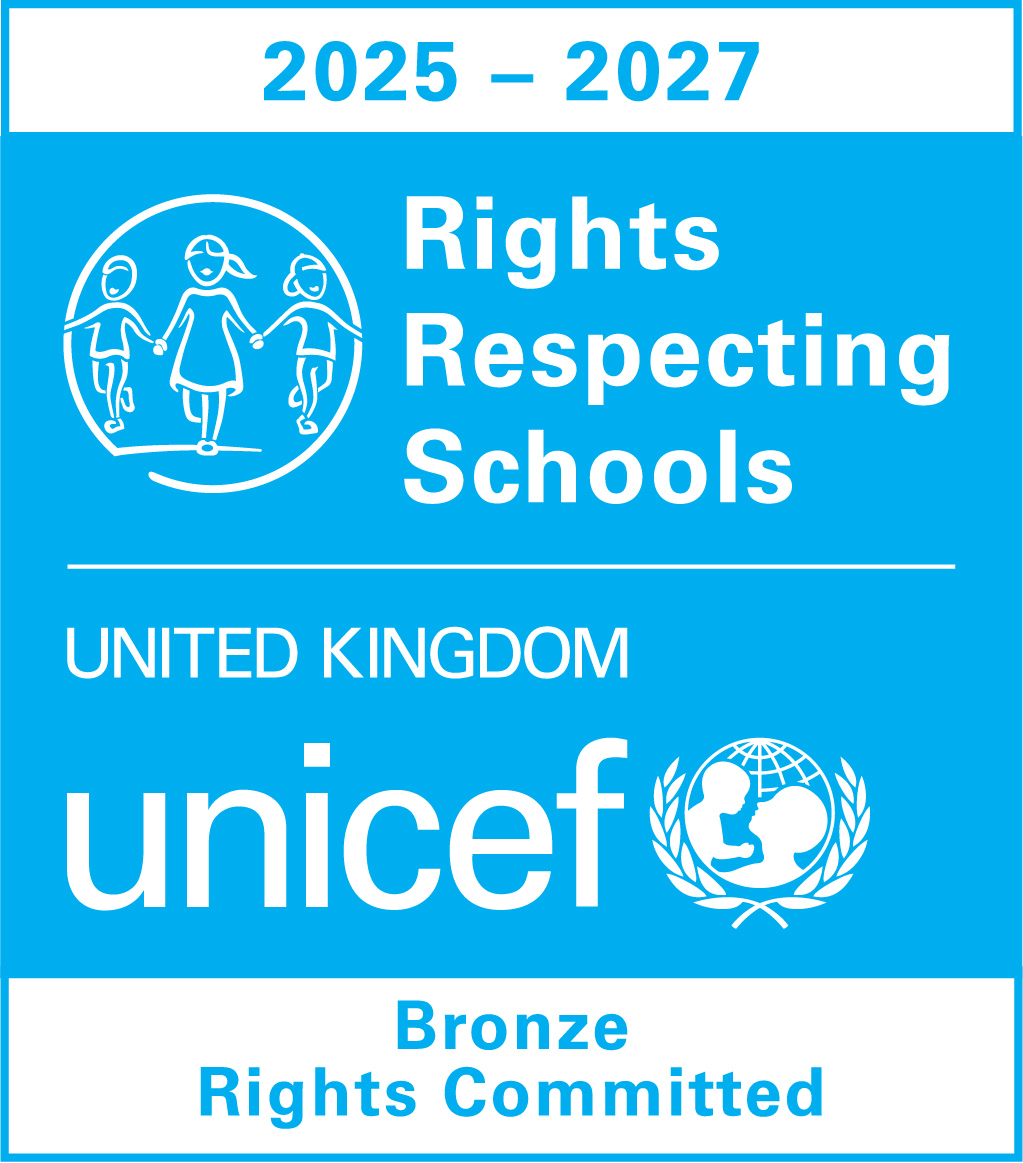.jpg)
We are pleased to welcome you to the SEND page, at St Peter’s RC Primary School.
The SENCO, in collaboration with the head teacher and governing body, plays a key role in determining the strategic development of the SEND policy and provision in the school in order to raise the achievement of children with SEND. At St. Peter’s, all teachers are teachers of children with SEND needs. All staff recognise the importance of identifying SEND early and making effective provision quickly. The identification and assessment of SEND is built into the school’s approach to monitoring the progress of all pupils.
SEND provision
St Peter’s Catholic Primary School is a two-form entry mainstream school. In addition St. Peter’s has Nursery and Additional Resourced Provision (ARP) for twelve children with Cognition and Learning Difficulties. We are committed to being an Inclusive School and endeavour to meet the needs of children with Special Educational Needs and Disability wherever possible. Our School is committed to promoting equality of opportunity and valuing diversity for all children and families.
As a school we aim:
- To provide a secure and accessible environment for all children to flourish.
- To include and value all contributions from families to support our understanding of equality and diversity.
- Provide positive non-stereotyping information about gender, diverse ethnic and cultural groups and disabled people.
- Improving the knowledge and understanding of promoting equality and valuing diversity.
- Ensuring inclusion is embedded within our practice.
Our Additional Resource provision - The Nazareth Rooms: Is additional resourced provision for 12 children with cognition and learning difficulties. It is resourced with five adults. Children in the Nazareth Rooms have complex needs and Education, Health and Care Plans.
If you would like to find out more about the school’s SEN/D provision do read the detailed information below in our SEND Information Report or contact Ms Eva Rauch our SEN/D Co-ordinator.
LBBD Local Offer
Barking and Dagenham must publish a local offer, setting out in one place information about provision they expect to be available for children and young people in their area who have SEND, including those who do not have EHC Plans. The local Offer for Barking and Dagenham can be found at – London Borough of Barking and Dagenham Council or you can follow this link.
Barking and Dagenham’s Local Offer
SEND Documents

.jpg)


.png)




